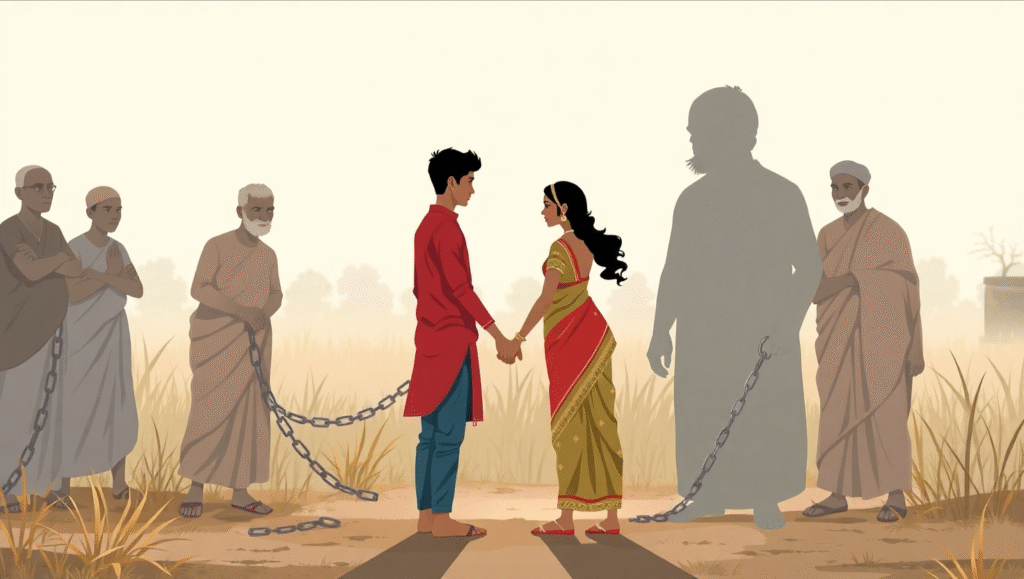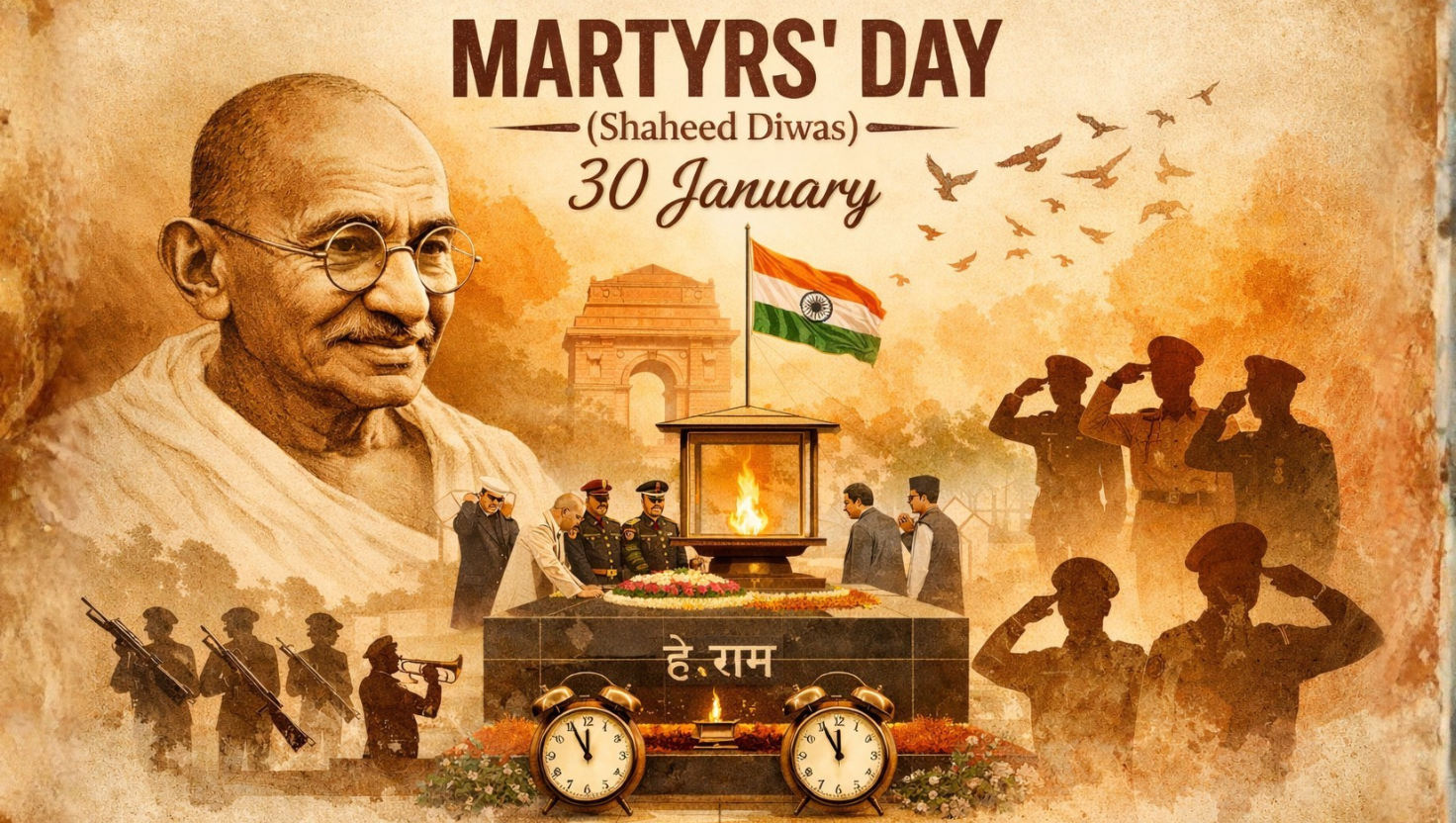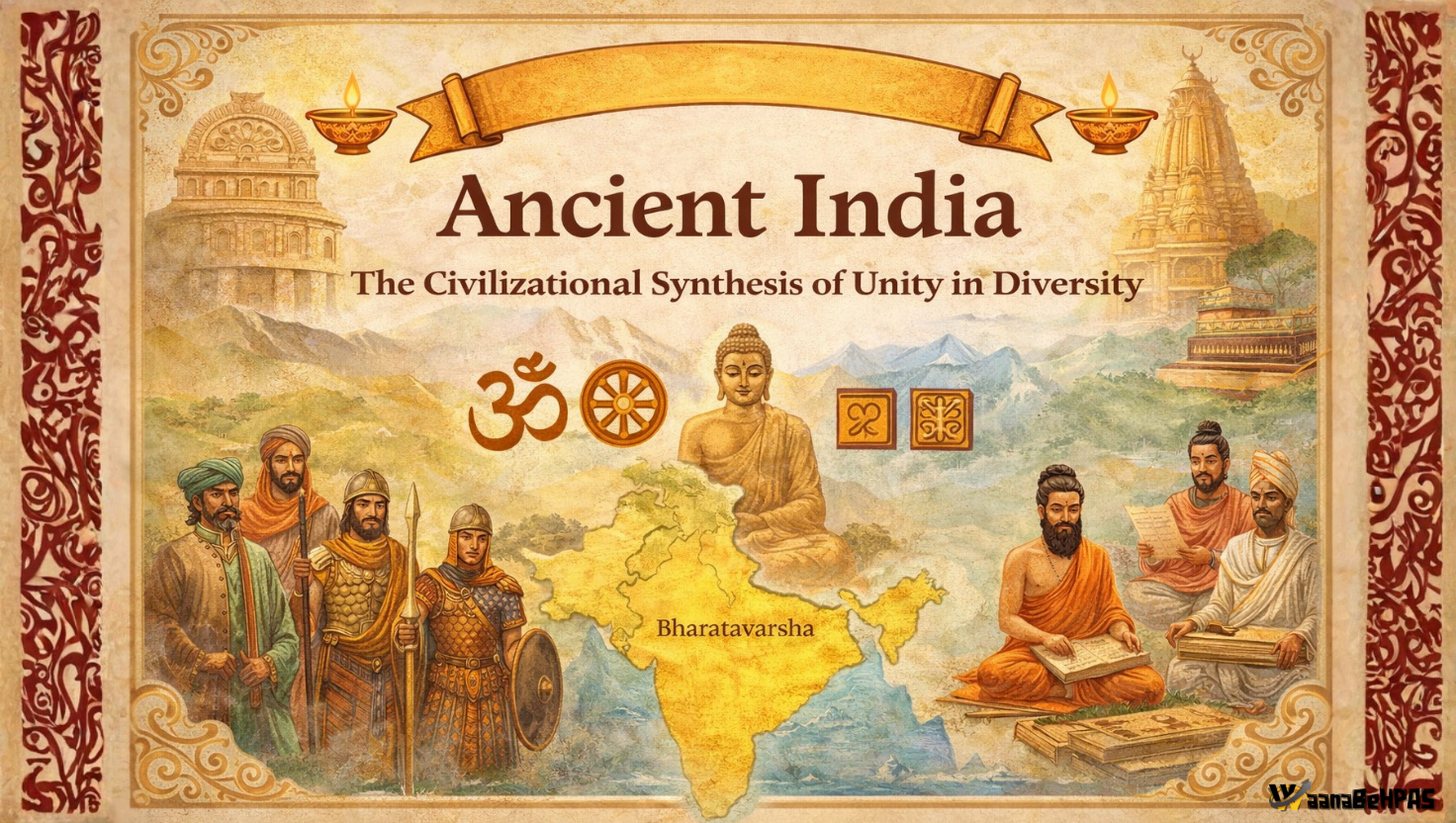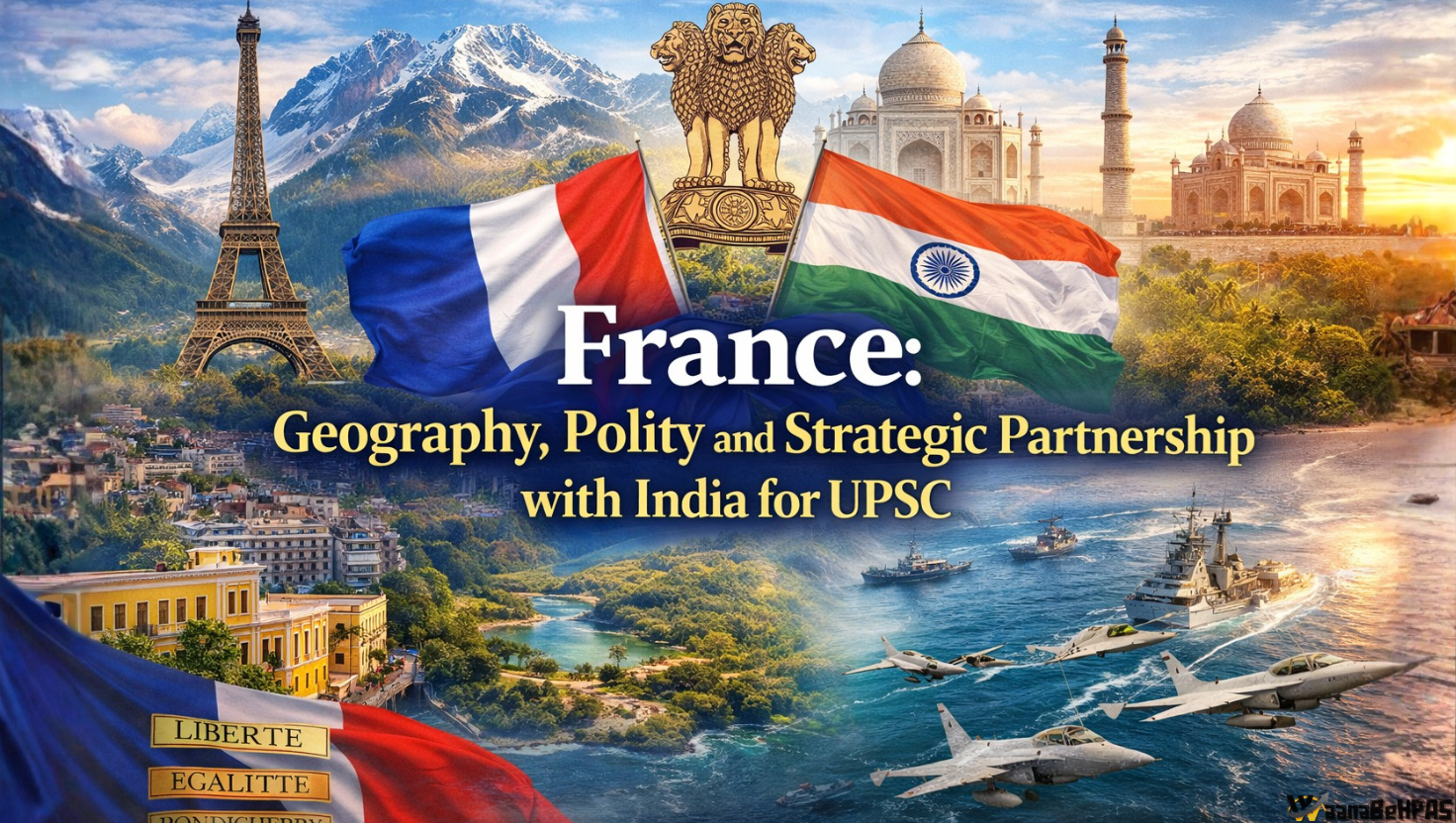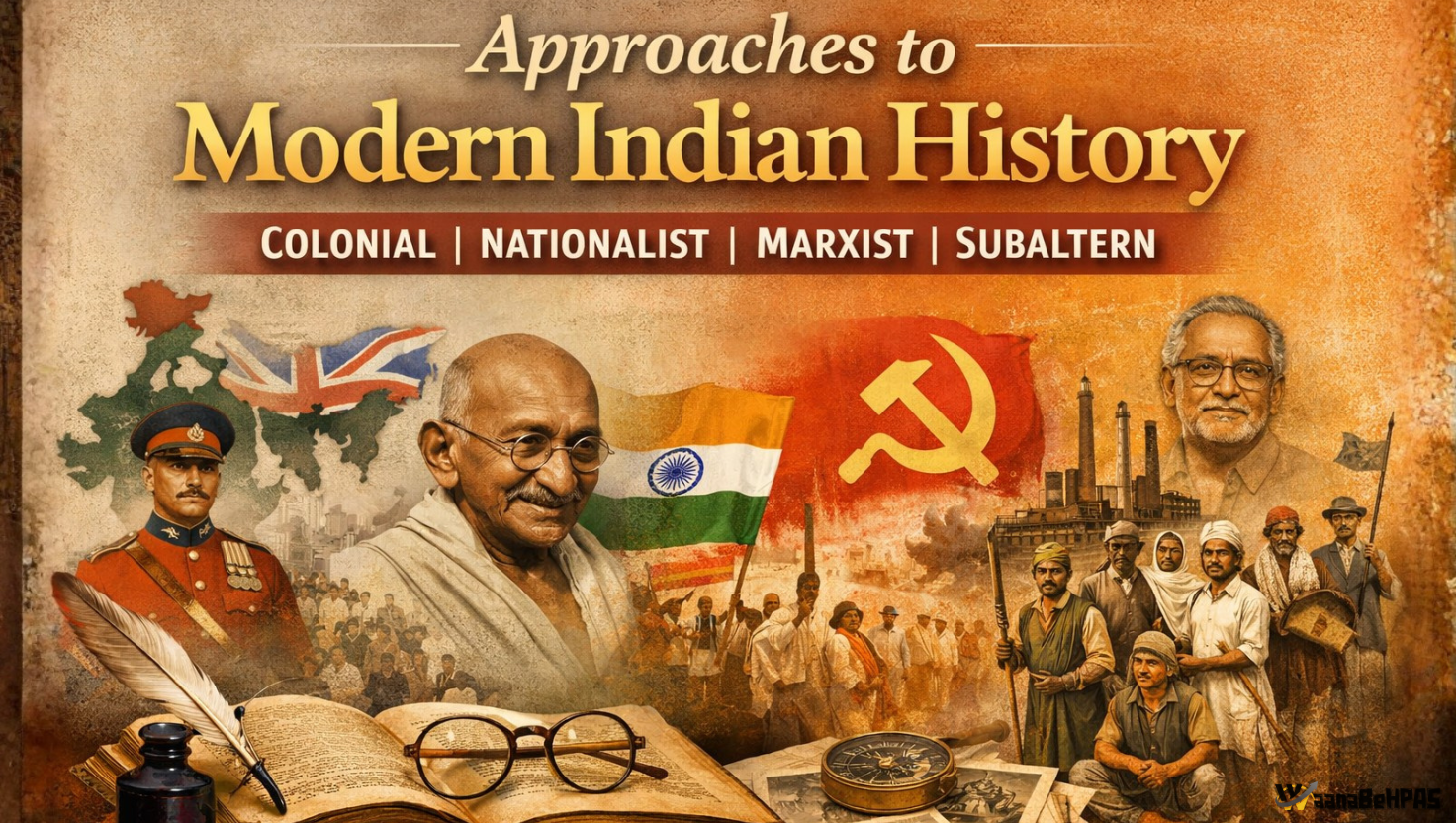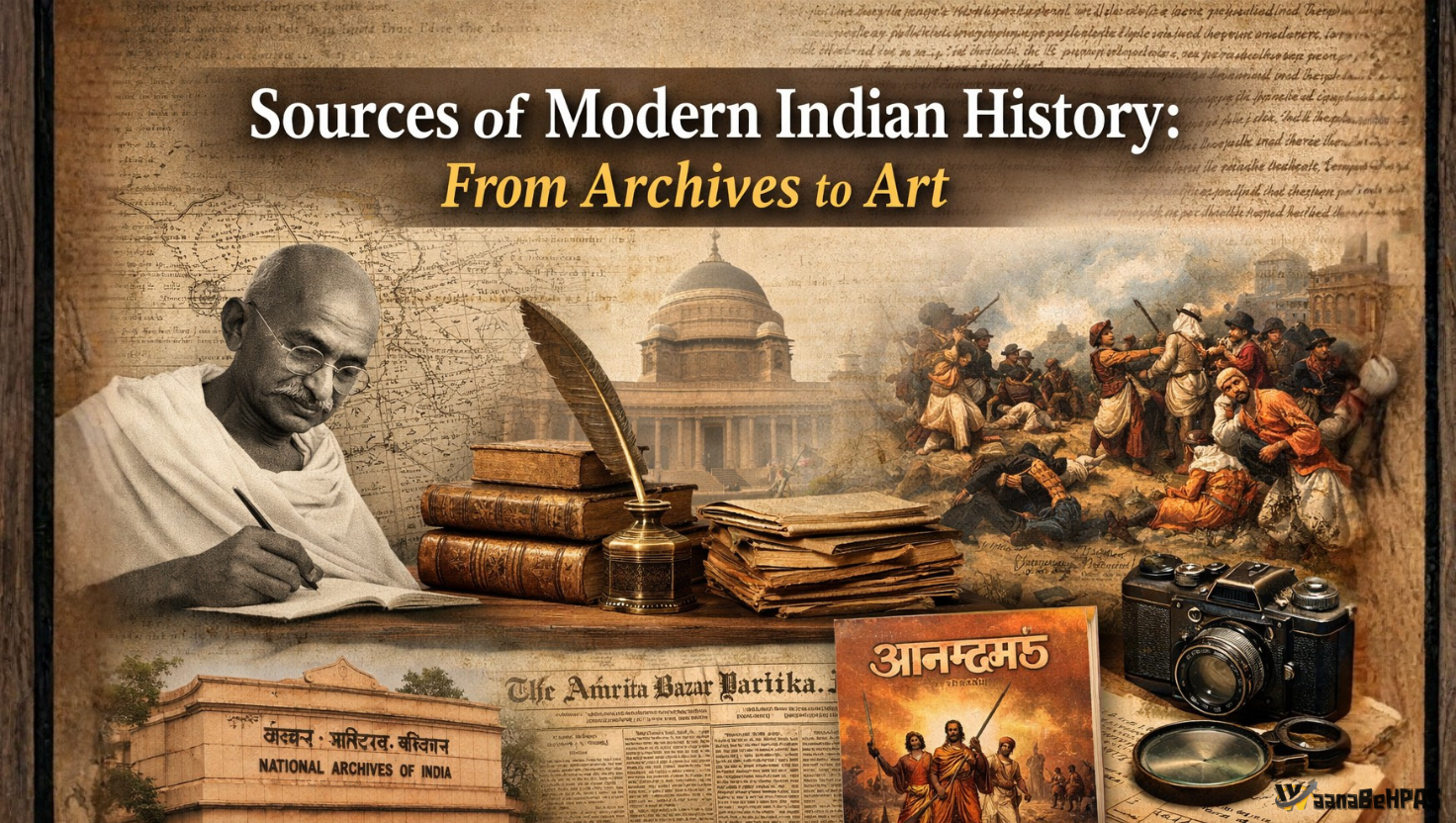Honour Killings in India
Syllabus: Indian Society (UPSC GS I)
Source: The Hindu
Context:
Recent caste-based killings in Tamil Nadu and other States have once again brought attention to the issue of honour crimes. These incidents show how family and community structures still allow violence in the name of caste and honour.
Meaning of Honour Killing
- Definition: It is the murder of a person by family or community members when they marry or choose a partner outside caste, religion, or clan norms.
- Who is Targeted: Mostly inter-caste or inter-faith couples, especially Dalit men with dominant-caste women.
- Underlying Idea: Families claim to “protect honour,” but the real aim is to preserve caste hierarchy, patriarchy, and social control.
Why Do Honour Killings Happen?
1. Caste and Community Pressures
- Caste endogamy (marriage within caste) is seen as essential to preserve status.
- Inter-caste marriages, particularly involving Dalits, face strong resistance.
2. Patriarchal Control
- Women’s freedom to choose partners threatens male dominance.
- Families see women as “carriers of family honour,” restricting their choices.
3. Economic and Social Interests
- Marriages within caste help maintain dowry, property rights, and business ties.
- Inter-caste marriages are seen as risky to these interests.
4. Fear of Social Boycott
- Families worry about humiliation or exclusion from caste networks.
- Violence is used to “warn” others.
5. Khap and Jati Panchayats
- In States like Haryana and UP, caste councils issue diktats against inter-caste marriages.
- They legitimise violence and weaken the authority of law.
6. Weak Policing
- Police often hesitate to act against powerful caste groups.
- Lack of protection leaves couples vulnerable.
Impact of Honour Killings
- Violation of Rights: Attacks the right to life (Article 21) and liberty (Article 19).
- Gender Injustice: Women face most of the violence as symbols of “honour.”
- Caste Reinforcement: Instead of breaking caste barriers, such crimes strengthen them.
- Democratic Threat: Parallel caste councils undermine constitutional courts.
- Psychological Fear: Young people feel unsafe and avoid inter-caste or inter-faith marriages.
Legal and Constitutional Protection
- Constitutional Safeguards:
- Article 14 – Equality before law
- Article 15 – No discrimination on caste, religion, or sex
- Article 19 – Freedom of choice and association
- Article 21 – Right to life and liberty
- Statutory Laws:
- Indian Penal Code (now BNS) – Murder, attempt, conspiracy
- Hindu Marriage Act, 1955 & Prohibition of Child Marriage Act, 2006 – Protect marriage rights
- Proposed Law: Prevention of Crimes in the Name of Honour Bill – to specifically criminalise honour killings.
Judicial Interventions
- Lata Singh v. State of UP (2006): Inter-caste marriages are a valid choice.
- Arumugam Servai v. State of TN (2011): Khap diktats declared illegal.
- Shakti Vahini v. Union of India (2018): Directed States to:
- Set up safe houses for couples
- Monitor illegal caste gatherings
- Punish officials who fail to prevent killings
Way Forward
- Special Law: Enact a dedicated law on honour crimes with strict punishments.
- Better Policing: Train police, ensure speedy trials, protect couples and witnesses.
- Community Awareness: Work with caste/religious leaders to end social approval of honour killings.
- Support Systems: Expand safe houses, counselling, legal aid, financial support.
- Education & Campaigns: Teach constitutional morality, use social media to spread positive stories of inter-caste marriages.
- Incentives: Strengthen schemes like the Dr. Ambedkar Social Integration scheme.
Conclusion
Honour killings are not just crimes against individuals but also against the Constitution. They expose the deep hold of caste and patriarchy in society. The real solution lies in upholding constitutional morality, protecting freedom of choice, and building a society where dignity and equality are valued more than outdated notions of “family honour.”

